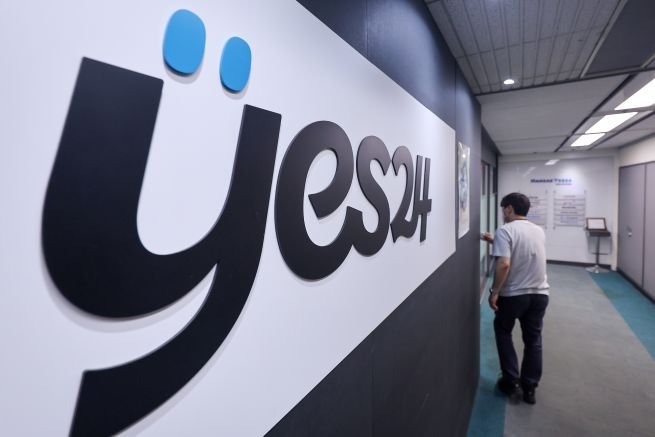[ad_1]
SEOUL, Aug. 12 (Korea Bizwire) — South Korea’s largest online bookstore, YES24, is facing significant backlash after becoming the target of two major ransomware attacks within a span of two months.
The first attack, which occurred on June 9, caused a five-day service outage, severely disrupting the company’s app and internet communication networks. However, YES24′s response to the initial breach has drawn sharp criticism for its lack of transparency and delay in informing users.
During the aftermath, the company reportedly paid a ransom in cryptocurrency to resolve the issue, raising concerns among cybersecurity experts about the risks of negotiating with hackers. This decision, though aimed at restoring normal operations, has left YES24 vulnerable to further attacks.
Indeed, just two months later, another ransomware attack hit the company, intensifying fears that giving in to hackers only encourages more attacks.
Experts warn that such breaches could make the company a repeated target for cybercriminals. One industry insider emphasized the importance of investigating whether the same hacker group was responsible for the second attack, noting that failure to establish a solid backup and security system leaves companies exposed.
The attack has also sparked wider concerns about South Korean companies’ preparedness for cyber threats. A recent report by the Ministry of Science and ICT and the Korea Internet & Security Agency (KISA) revealed that one-quarter of companies reporting ransomware incidents lacked the backup systems necessary for rapid recovery.
In particular, YES24’s failure to implement off-site backups—storing key data on external servers or in the cloud—was highlighted as a critical vulnerability.
The cyberattack, and the company’s failure to prevent it, has raised alarms about the vulnerability of businesses to international ransomware syndicates. Experts argue that unless South Korea strengthens its corporate response systems and builds more resilient backup infrastructure, businesses will remain prime targets for ransomware groups.
The government’s involvement in enforcing stricter regulations and cooperation with businesses to address these risks is becoming increasingly necessary.
The incident also highlights a growing concern about cybercriminals exploiting the global surge in cryptocurrency values, with South Korea’s companies being seen as lucrative targets.
As hackers increasingly recognize that companies will pay ransoms to avoid service disruptions, experts warn that other companies might face similar threats unless stronger protective measures are put in place.
Kevin Lee (kevinlee@koreabizwire.com)
[ad_2]
Source link



